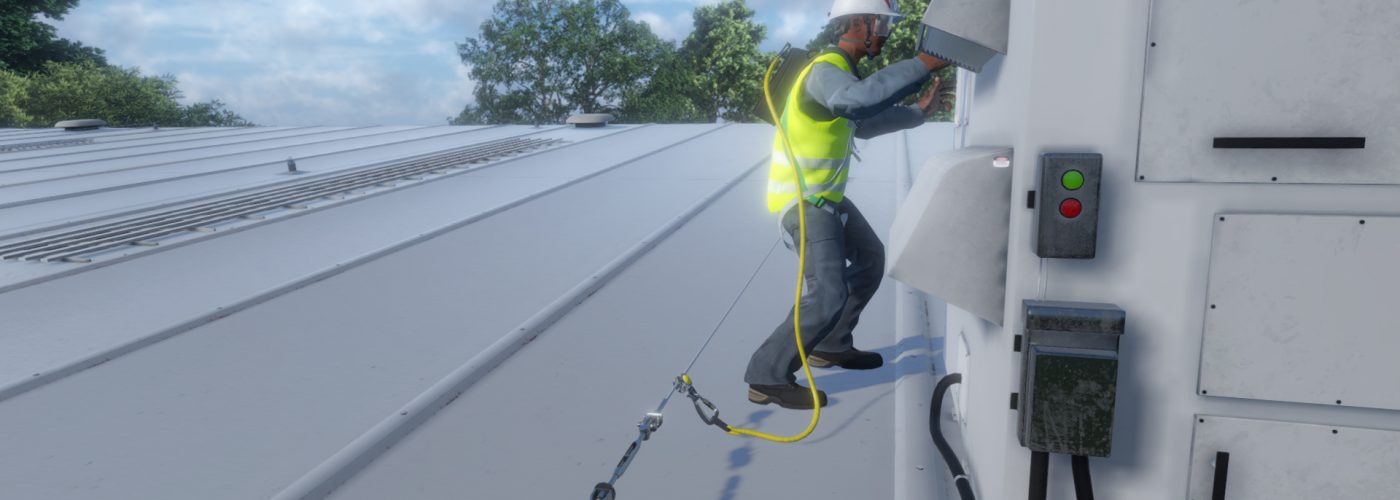Heating and cooling a property contributes significantly to utility expenses, for both homes and businesses. But improving the efficiency of HVAC systems not only makes the surrounding environment more comfortable but also helps to lower running costs considerably. Here are some of the ways you can increase the efficiency of your air conditioning system without investing extra money.
Insulate exposed ductwork
Ensure that the ductwork that runs through unconditioned spaces is sealed off properly so that it doesn’t leak any conditioned air. It’s easy to see if there are any holes or unsealed spaces visually, which you can repair using a specialty duct-sealing tape – just make sure that you use the proper thickness of insulating material.
Clean the outdoor condenser unit
The unit will work better if it’s cleaned and free from debris, so make it a regular habit to check the condenser unit and ensure that it’s clear from dust or leaves. Cleaning the unit also maximises the efficiency and prolongs the lifespan of your air conditioner.
“A well-maintained air conditioning system will not only regular air temperature and improve thermal comfort, but it can also potentially have a positive impact on productivity”, states Chris Close, senior engineer at BSE FM. You should schedule in a cleaning session at the beginning of the cooling season, such as during spring, and then again in autumn.
Adjust the thermostat
Turning up the thermostat by just a few degrees in the summer, or down in the winter, can help you save money and also reduces the amount of energy the unit uses. With a programmable thermostat, the temperature can be adjusted for certain times of the day, such as when you’re not going to be in the property for a few hours.
Keep heat-producing appliances away
Having heat-producing appliances, like lamps, close to the thermostat will inform it that the air needs to be cooled more than it actually does. This makes the system run longer and harder than it needs to. Similarly, when the temperature reaches its peak midday, keep curtains or blinds closed which will minimise the amount of heat coming through the windows which will support the air conditioning system from having to operate more than necessary.
Replace dirty filters
A good maintenance habit that will improve the efficiency of your HVAC unit is to check and replace dirty filters on a regular basis each year. When the filters are dirty, it prevents air flow and that results in less cooling for the property. Dirty filters can even reduce the air flow to the point that the air conditioning coil freezes, causing damage to the compressor. An easy way to avoid this problem and to make sure the unit runs optimally is to keep the filters clean or replace them when they get dirty if they can’t be cleaned.
Clear the vents
Covering the vents to the HVAC unit is a common issue that many people don’t realise compromises the efficiency of the air conditioning system. But when you cut off the airflow, the vents increase pressure to the duct system and this reduces the air flow to the rest of the property. In order to ensure that the system is working optimally, you need to allow plenty of air to move around the vents. This also means checking that all of the vents are open, even in rooms you’re not using, as this can also cause a problem.
Clean out the drain line
The drain by the indoor cooling coil needs to be kept clear – it’s a key component of the system that no-one considers until it stops working. It’s responsible for draining away the condensation from the evaporator coil and during a humid day, it can remove several litres of water. When the drain line is blocked, the moisture can back up and cause problems, so make sure that it’s kept clear by flushing one cup of chlorine bleach through the drain and rinsing it with water.
Maintaining an air conditioning unit doesn’t have to be an expensive endeavour – in fact, just by keeping each element clean and free from debris, you can improve the efficiency of the unit significantly, reduce energy costs and minimise the risk of a problem developing that could pose damage to the system.





